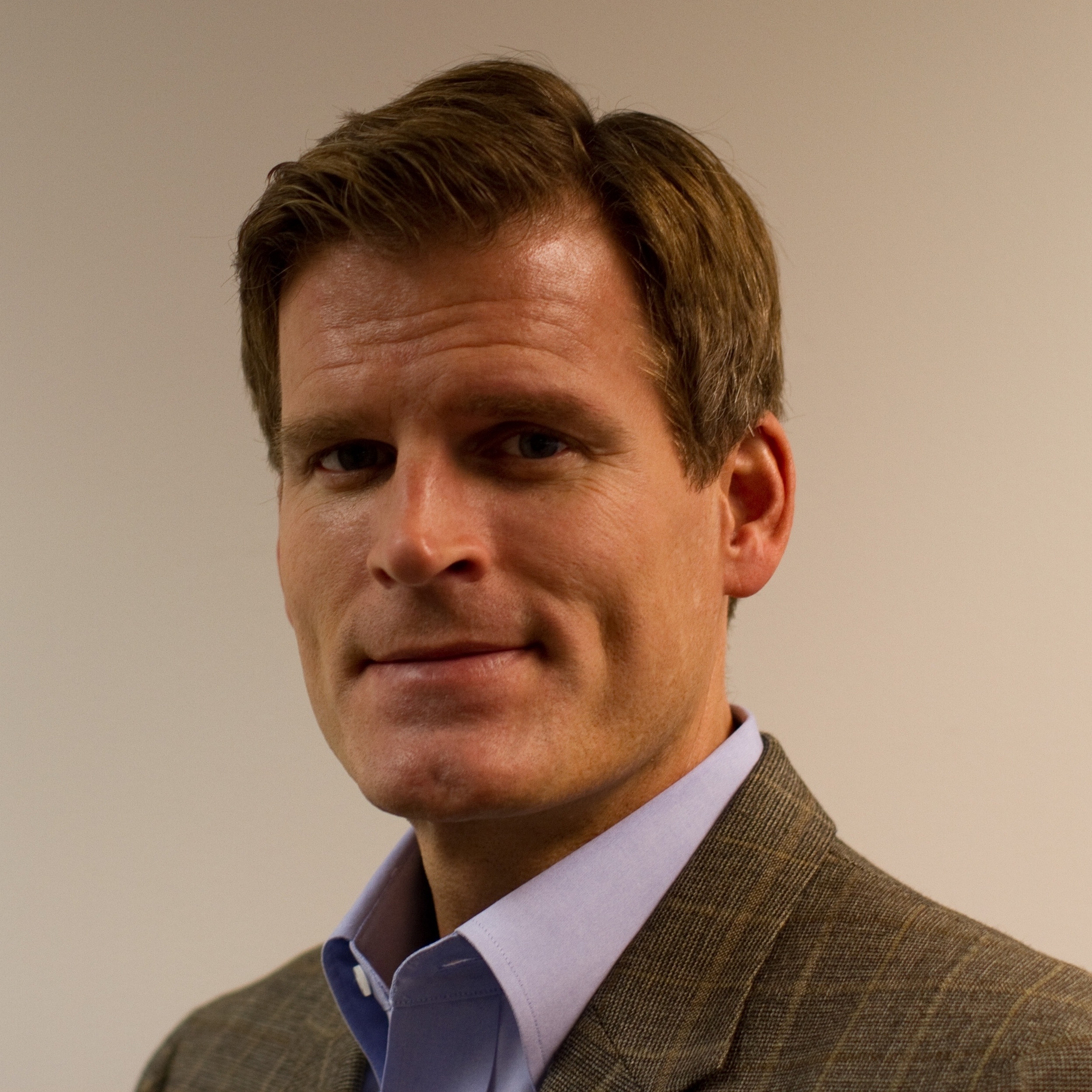
This blog was originally published by Rockwell Automation and is reposted here with permission.
I joined MIND Research Institute in the fall of 2016 to work with a great team of passionate individuals who are changing the way our children learn math.
As a father who’s watched three daughters grow and learn, I’ve realized that qualities like rigor and perseverance are not only for preparing students to take tests. These attributes are what will determine the success of our future workforce.
The careers of tomorrow demand creative problem solving and innovative solutions. This is one of the main reasons why MIND first appealed to me.
This neuroscience and social benefit organization is transforming the way students engage with mathematics and support their interests in other STEM (science, technology, engineering and mathematics) fields — the industries that are building a brighter future for us all.
If we want to close the skills gap and encourage students to pursue careers in STEM, it’s our responsibility to provide them with the tools and opportunities to reach those goals. With support from organizations such as Rockwell Automation, MIND has been helping build the STEM workforce pipeline for nearly 20 years.
A major component to achieve our mission — to ensure that all students are mathematically equipped to solve the world’s most challenging problems — resides inside the classroom, in the form of our visual instructional program, ST Math®.
This program builds deep conceptual understanding of math through rigorous learning and creative problem solving to engage, motivate and challenge PreK-8 students toward higher achievement.
Aside from already reaching more than 1 million students and 44,000 teachers at 3,200 schools in 45 states, ST Math’s effect size and impact at scale continue to validate the program as a worthy investment. With over 30,000 tantalizingly tricky games, ST Math promotes deep conceptual understanding, better equipping students to recognize patterns and tackle unfamiliar problems.
As our co-founder and chief research and development officer, Dr. Matthew Peterson, says, “All students have the cognitive ability to become mathematical superheroes. It's our job to create educational environments that empower every student to realize his or her potential to develop their own mathematical superpowers. With well-developed math superpowers, you can do anything!”
MIND’s innovative Family Math Nights instill a natural connection between math and board games while encouraging students to explore mathematical concepts like tenacity and rigorous problem solving.
The program also provides youth with an opportunity to show off skills and talk about math with their parents and caretakers.
Studies have shown that early mathematical connections at home significantly increase student academic success later in school.
At the end of MIND’s Family Math Nights, I see parents amazed at their children’s mathematical thinking abilities and empowered to support them in their interest in STEM careers.
Knowing the importance of sustaining this network of support, Rockwell Automation is also helping us develop Family Math Night kits. These will let parents and students continue their learning journey at home, and allow more school communities across our country to facilitate the program year-round on their own.
Opportunities like these allow MIND and our partners to bring visual math to our communities. It takes a lot of help to do this, and that’s why we appreciate the support of Rockwell Automation. The company's leaders, such as Patricia Contreras, director of global community relations and contributions, understand the importance of our mission.
“Rockwell Automation is committed to supporting programs that help to inspire future problem solvers,” Contreras says. “We’ve been pleased with the tremendous amount of interest and enthusiasm for outreach events like our Family Math Nights. Together with our partners at MIND, ST Math is closing the achievement gap at our partner schools.”
It’s never too late to help a student realize their mathematical superpowers.
The earlier we encourage students to explore and play within the world of math, the greater our chances at seeing those same students realize their potential.
They may even go on to pursue careers in STEM and other industries where creative problem solving is the key to a better future for all of us.

Brett Woudenberg is the Chief Executive Officer of MIND Education. He oversees core operations of the organization, including education partnerships, social impact development, outreach and engagement, program implementation, talent development, and finance.
Comment